Producer Ryan Murphy responded to criticism from family members of victims of serial killer Jeffrey Dahmer who claimed his recent Netflix miniseries about the killer was rife with inaccuracies.
Speaking to The Hollywood Reporter, Murphy said the production team behind Dahmer—Monster: The Jeffrey Dahmer Story conducted intensive research for several years before the miniseries came to fruition and also attempted to consult with the loved ones of victims.
According to Murphy, not a single family member of one of Dahmer's victims responded.
Murphy said:
"It's something that we researched for a very long time."
"Over the course of the three, three and a half years when we were really writing it, working on it, we reached out to 20, around 20 of the victims' families and friends trying to get input, trying to talk to people and not a single person responded to us in that process."
Because the production team was unable to obtain insights from close friends and family, the team "relied very, very heavily on our incredible group of researchers," Murphy said.
Murphy also responded to criticisms from several family members who'd complained about inaccuracies or otherwise said they'd not been contacted.
He said the series is centered around the circumstances that allowed Dahmer to slip through the cracks and resulted in the failure on the part of law enforcement to stop him much sooner.
"Something that we talked a lot in the making of it is we weren't so much interested in Jeffrey Dahmer, the person, but what made him the monster that he became."
"We talked a lot about that… and we talked about it all the time."
"It's really about white privilege. It's about systemic racism. It's about homophobia."
Murphy's collaborator Paris Barclay—who directed the sixth and tenth episodes of the series—concurred with his statements:
"It's about making sure these people are not erased by history and that they have a place and that they're recognized and that they were important and that they lived full lives."
"And they came from all sorts of different places, but they were real people. They weren't just numbers. They weren't just pictures on billboards and telephone poles."
"They were real people with loving families, breathing, living, hoping. That's what we wanted it to be about."
Murphy's statements have since received a negative response online from people who suggested the fact no one responded to the production team was a sign the series should not have been made.
Dahmer—Monster: The Jeffrey Dahmer Story reached the number-one spot on Netflix in the first week of its release. It received polarizing reviews from critics.
While critic Caroline Framke wrote in Variety the series "simply can't rise to its own ambition of explaining both the man and the societal inequities his crimes exploited without becoming exploitative in and of itself," Decider's Kayla Cobb praised it, saying the series is "rewriting what a crime drama can look like if we stop glorifying murderers and start focusing more on systematic failures."
Earlier this month, the series was at the center of a controversy after Kim Alsup—a Black woman who worked as a coordinator on the show—said the set constituted a hostile work environment.

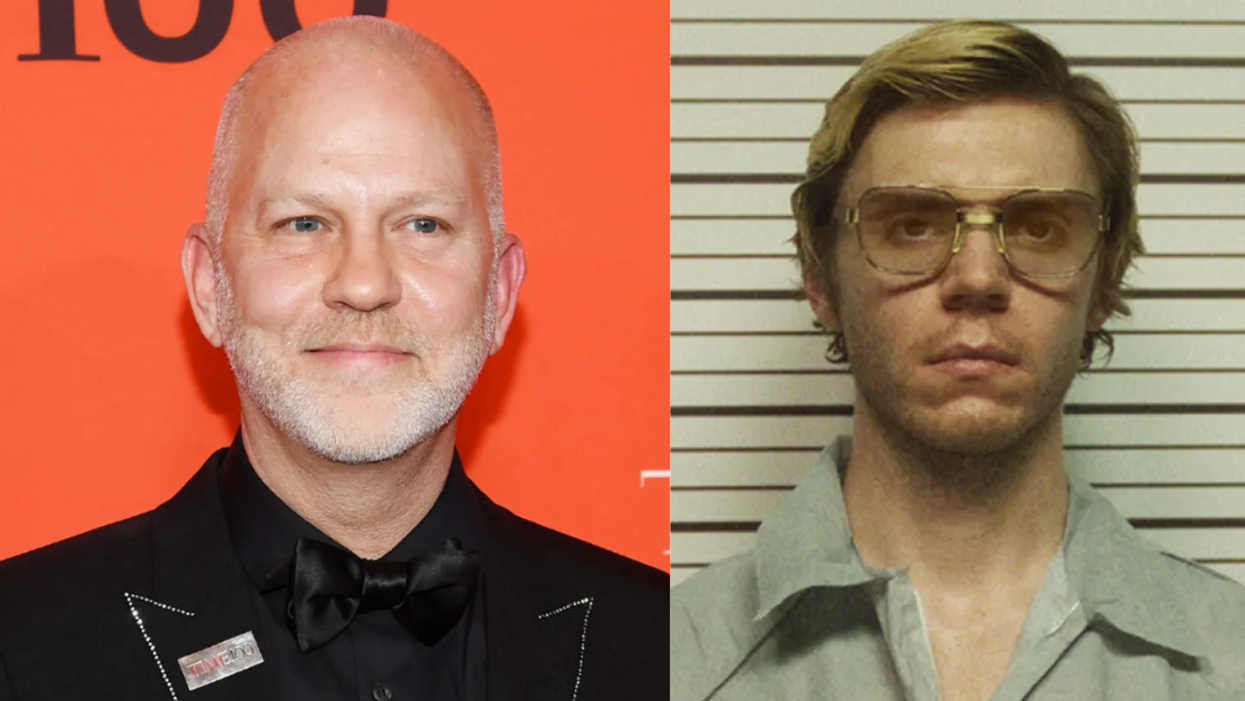



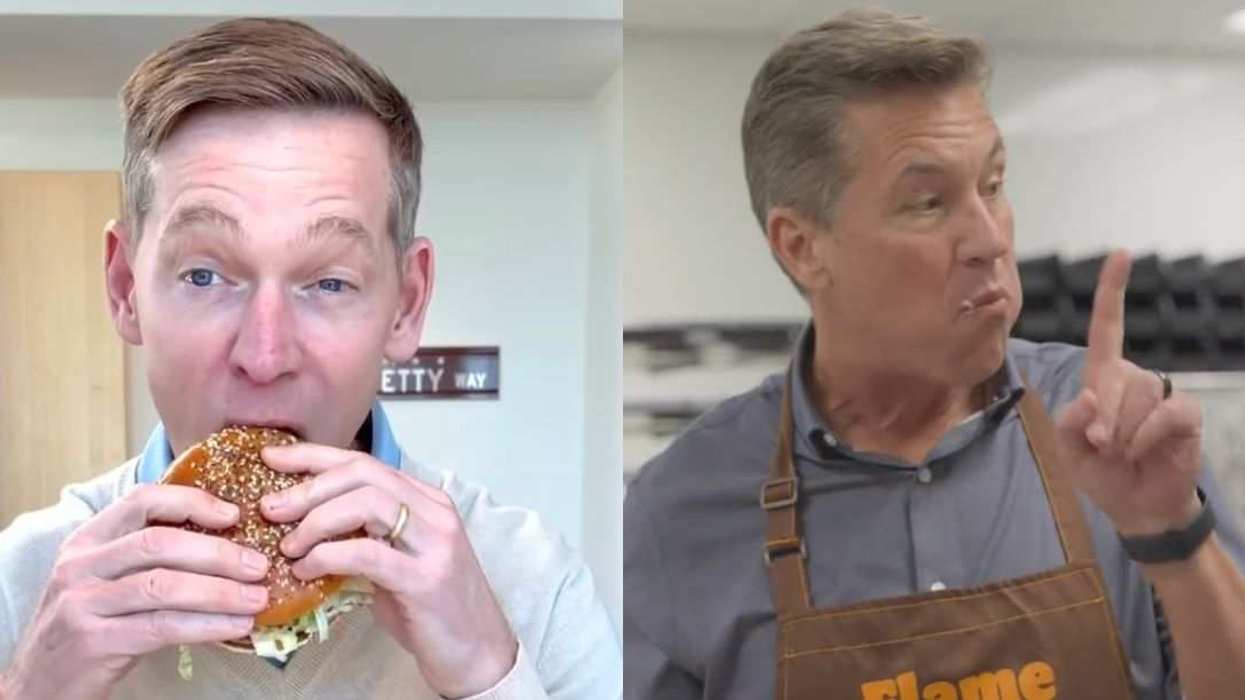
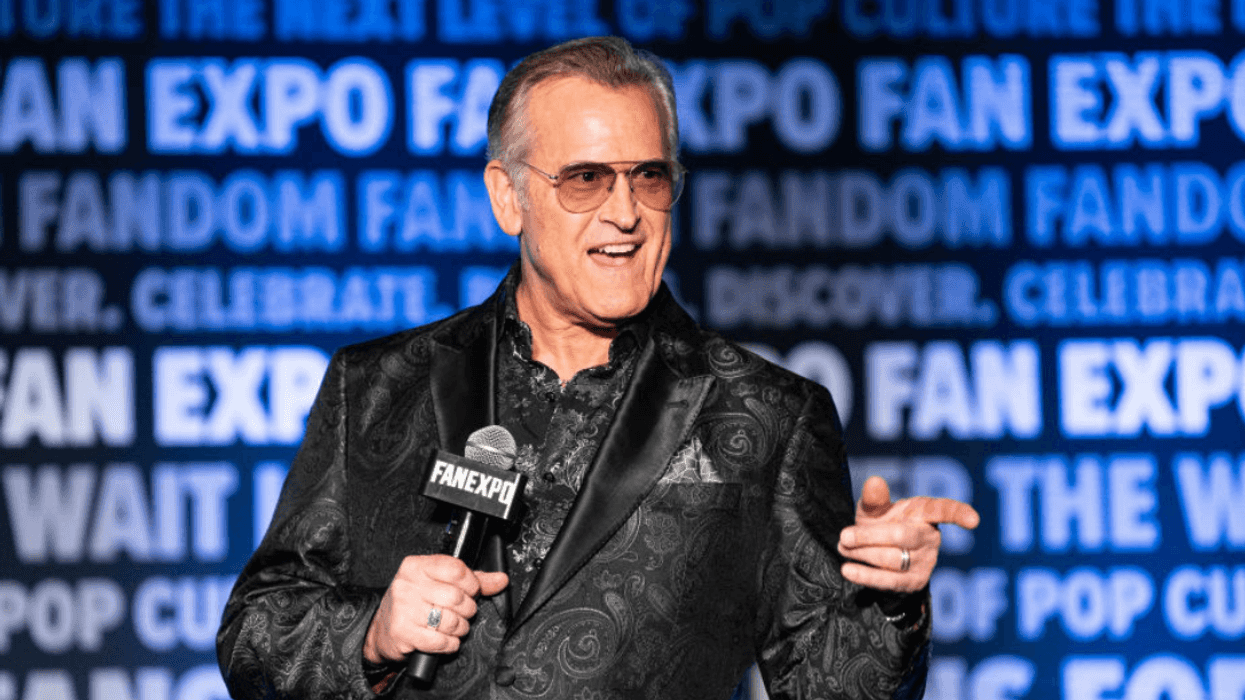






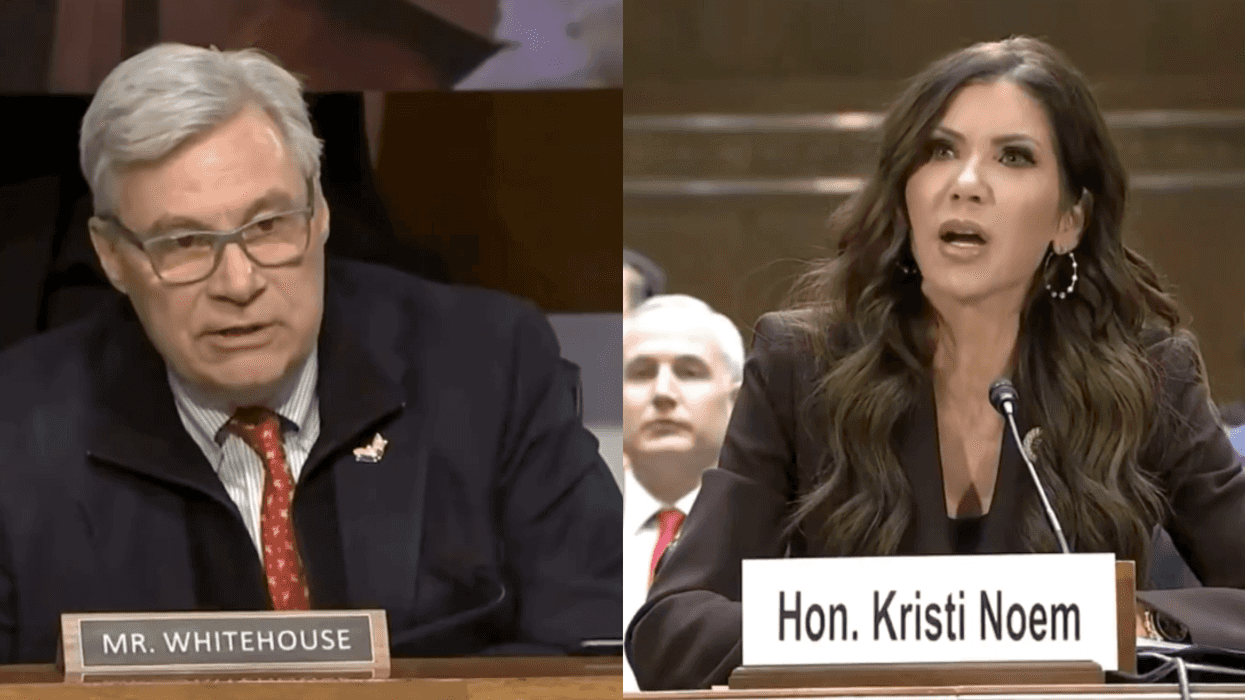


 @CNN/Instagram
@CNN/Instagram @CNN/Instagram
@CNN/Instagram @CNN/Instagram
@CNN/Instagram @CNN/Instagram
@CNN/Instagram @CNN/Instagram
@CNN/Instagram @CNN/Instagram
@CNN/Instagram @CNN/Instagram
@CNN/Instagram @CNN/Instagram
@CNN/Instagram @CNN/Instagram
@CNN/Instagram @CNN/Instagram
@CNN/Instagram @CNN/Instagram
@CNN/Instagram @CNN/Instagram
@CNN/Instagram @CNN/Instagram
@CNN/Instagram @CNN/Instagram
@CNN/Instagram @CNN/Instagram
@CNN/Instagram @CNN/Instagram
@CNN/Instagram @CNN/Instagram
@CNN/Instagram @CNN/Instagram
@CNN/Instagram @CNN/Instagram
@CNN/Instagram @CNN/Instagram
@CNN/Instagram

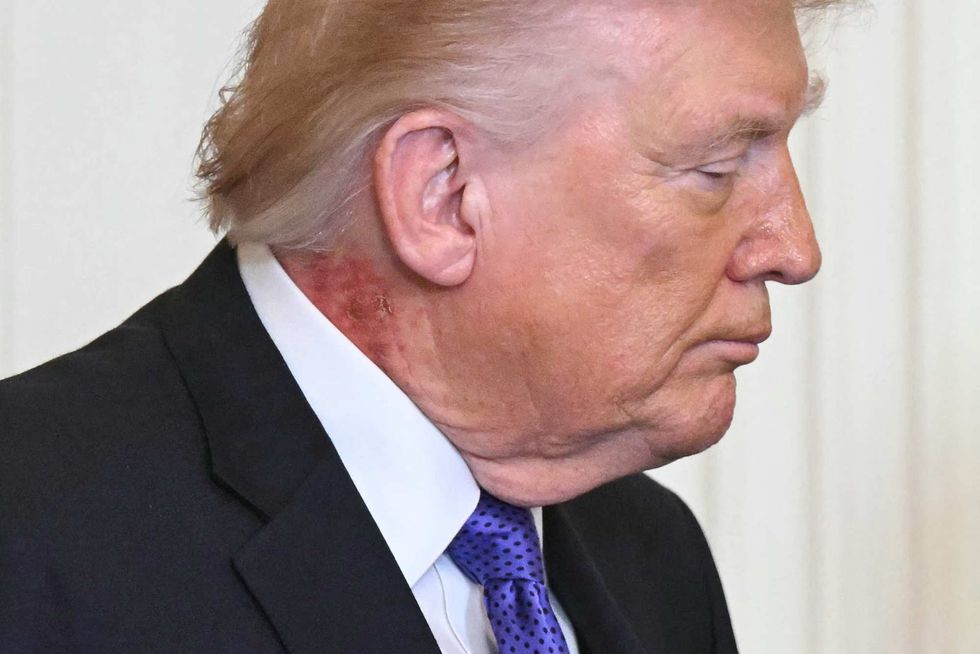 Saul Loeb/AFP via Getty Images
Saul Loeb/AFP via Getty Images